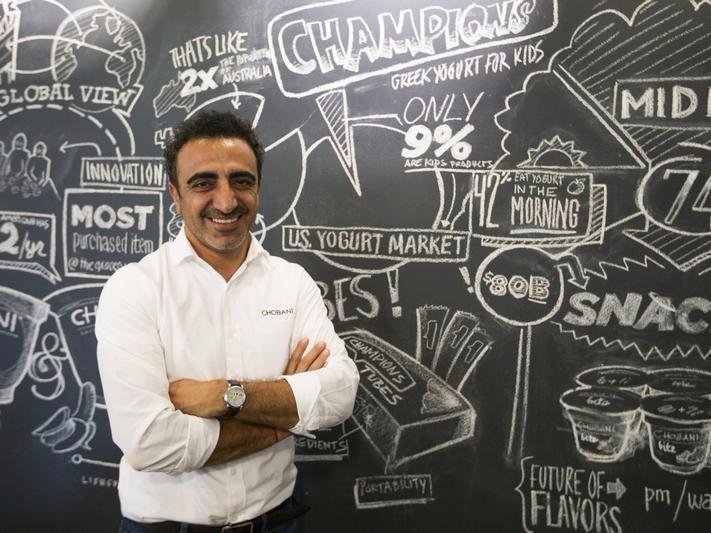Immigration and its effect on the economy today is a hotly debated and controversial topic in the United States and abroad today. Many people worry about immigrants taking jobs from native-born individuals, and that line of thinking has inspired many to attempt to reduce both legal and illegal immigration into the country. However, it turns out that immigrants have historically and continue to be responsible for a significant amount of job growth. Immigrants or children of immigrants in the U.S. are actually more likely to create jobs than native-born people.
Every census since 1880 that has covered economic issues in the U.S. has found immigrants of all education levels more likely to be self-employed. Whereas people born in the U.S. may be more content to just look for jobs, the people who have made the effort to uproot their whole lives and come to the U.S. are more willing to take action, get creative, and create work for themselves.
Where Are They
Immigrants are the innovators behind a full 25 percent of new businesses that start in the United States, even as they only make up 13 percent of the population. Native-born individuals employ one in every ten people who work for private companies. They’re everywhere, and they’re part of the incredible engine of productivity and innovation that makes the United States such a prosperous and forward-thinking place.
Most immigrant entrepreneurs run small businesses, but it’s not only in the realm of local mom-and-pop stores that immigrants are overrepresented. Immigrants founded more than half of new IT Silicon Valley companies in the decade between 1995 and 2005. And more than 40 percent of businesses that have made it into the Fortune 500 were created by immigrants or children of immigrants. That includes Kraft, Ebay, Google, Capital One, Chobani, Intel and more!
The Source of the Innovation
It’s clear that something sets immigrants apart from the rest of the population when it comes to entrepreneurship and dynamic innovation. They’re part of what makes America great. But what gives them their edge? Why are immigrants so heavily overrepresented in business in the U.S.?
“The most important quality an entrepreneur needs for success is probably drive,” says Jason Hennessey, marketing consultant for Sobel Tinari Economics Group. “Creativity and innovation are huge, too, but it all comes down to drive. You’ve got to be committed and you’ve got to want it.” And that’s what immigrants bring to the table. No matter the route someone takes to the come to the United States, it’s going to require an incredible amount of perseverance and motivation to leave their old life behind and overcome the obstacles in the way to come to the United States.
Immigrants don’t come to the United States to kick back, enjoy benefits and relax. No immigrant in the United States is even eligible for most federal benefits until they’ve lived here as a legal permanent resident for a significant number of years already. Immigrants come here for the opportunity to work. So when they get here, they take advantage of the opportunities that are available in the business world and they make their dreams come true by starting a business.
And not only are immigrants that make it to the U.S. more likely to have the drive and energy needed to succeed, they may also be more ready to innovate than the average native-born individual. Cross-cultural experiences and learning new languages are all significant, formative things that shape people’s thinking and may boost creativity in powerful ways. If you’ve experienced how different cultures live and have seen the great variety in how different humans think and act, you’re ready to think for yourself in new ways and get out of the box to innovate and change the market.
No matter the reason why immigrants are so important to the business environment in the U.S., it’s clear that they are a necessary part of our engine of growth and prosperity. We should be thankful for the immigrants that have shaped our country since its beginning and seek to learn from them and their capacity for innovation.



